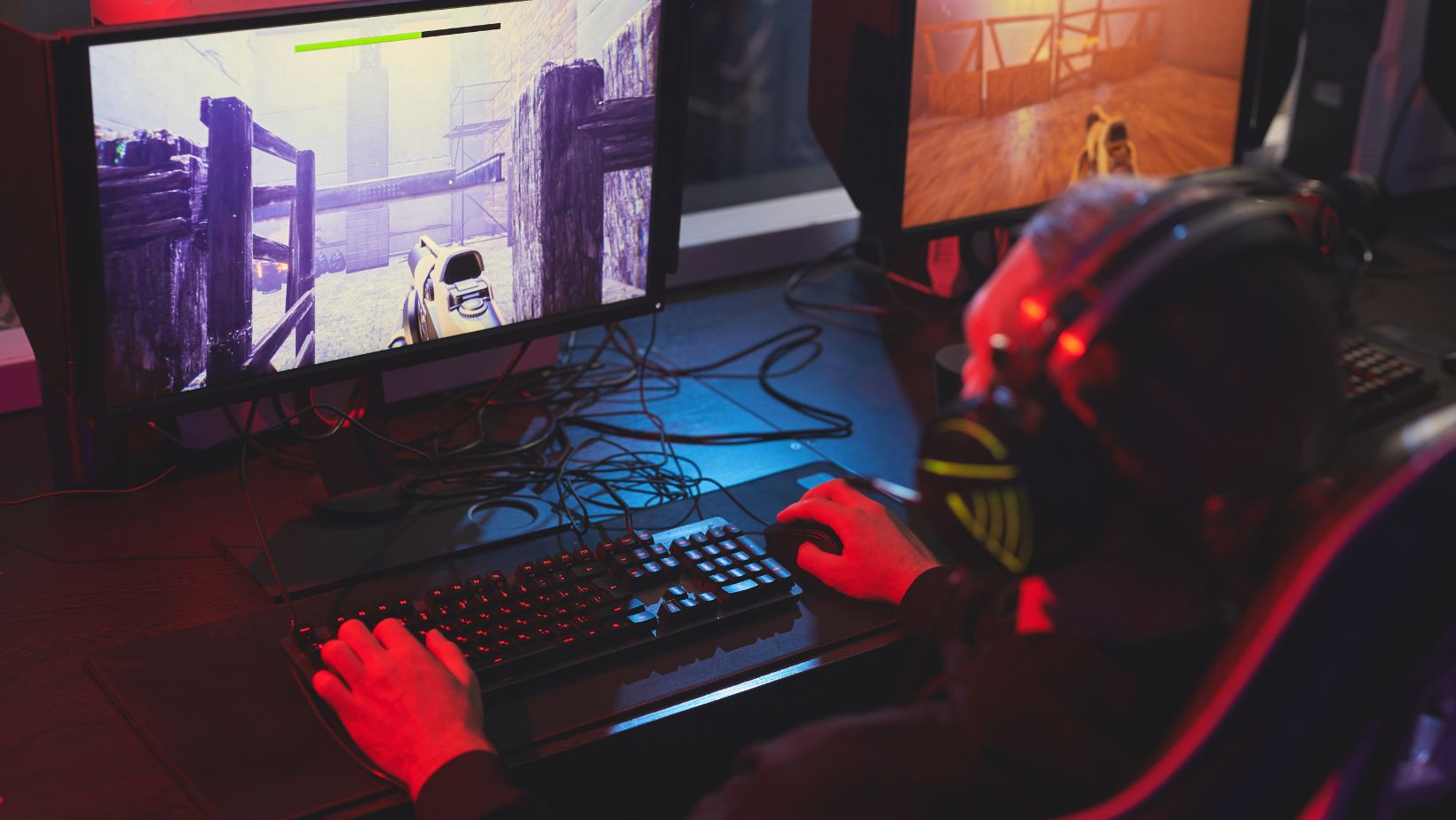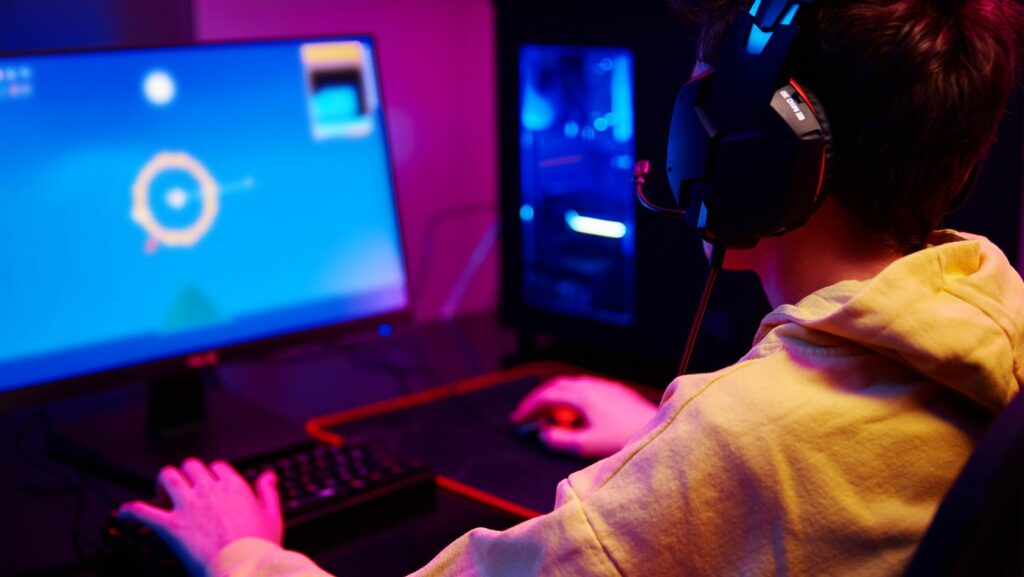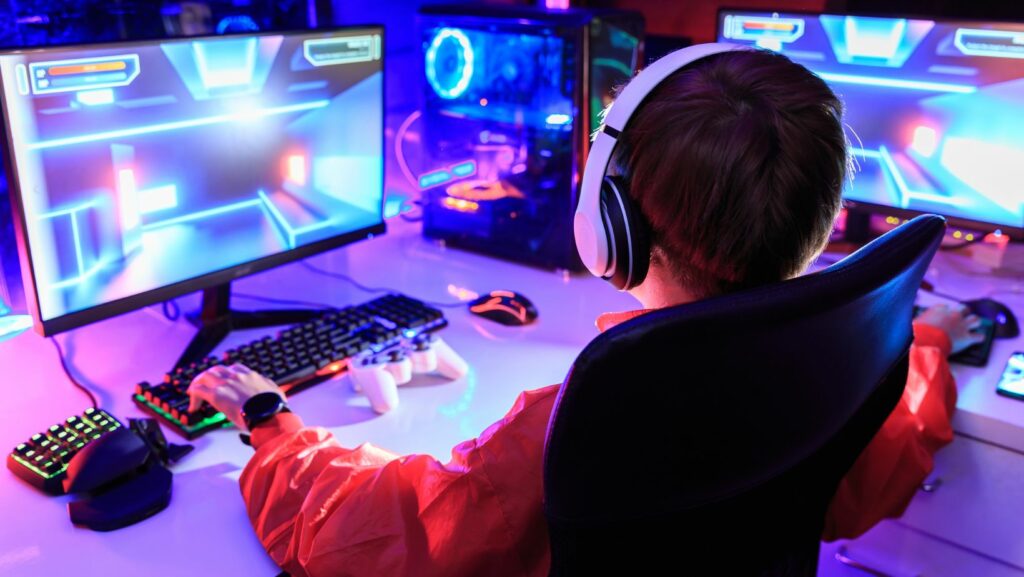In the fast-paced world of online gaming, players constantly seek ways to gain an edge over their opponents. One intriguing question that has emerged is whether online gaming can actually enhance reaction time. With millions of gamers worldwide, understanding the potential cognitive benefits of gaming isn’t just academic; it could have real-world applications.
Understanding Reaction Time
Reaction time measures the duration between stimulus presentation and the individual’s response. Accurate reaction time is critical in various fields including sports and emergency situations.
What Is Reaction Time?

Reaction time is the period between detecting a stimulus and initiating a response. It encompasses cognitive processing, motor response initiation, and physical movement. For example, when a gamer quickly presses a button after seeing an enemy, they’re demonstrating reaction time. It involves neural pathways and synaptic transmissions within the brain and nervous system.
Factors Influencing Reaction Time
Various factors affect reaction time, including:
- Age: Younger individuals generally exhibit faster reaction times than older ones.
- Fatigue: Tiredness slows cognitive and motor responses, decreasing reaction time.
- Distractions: External stimuli can delay responses by diverting attention.
- Caffeine and Stimulants: Substances like caffeine can enhance alertness and quicken reaction time.
- Experience: Experienced individuals often demonstrate quicker reaction times due to familiarity and practice.
These elements collectively determine how swiftly someone can respond to stimuli. Understanding these allows for targeted improvement strategies.
Online Gaming and Its Features
Online gaming offers diverse features and experiences, potentially influencing cognitive skills and reaction times.
Types of Online Games

Online games fall into various categories, each offering distinct types of cognitive engagement:
- First-Person Shooters (FPS): Players engage in rapid decision-making and quick reflexes to succeed.
- Real-Time Strategy (RTS): Involves strategic thinking and multitasking to manage resources and units.
- Massively Multiplayer Online Role-Playing Games (MMORPG): Requires long-term strategy and social interaction to progress.
- Puzzle and Logic Games: Challenge problem-solving skills through complex puzzles and scenarios.
- Simulation Games: Mimic real-world activities, enhancing strategic planning and decision-making skills.
How Online Gaming Engages the Brain
Online gaming stimulates various cognitive functions:
- Attention: Games often demand high levels of focus and sustained attention, reducing response latency.
- Memory: Players rely on working memory to remember objectives, enemy positions, and game strategies.
- Coordination: Effective gameplay requires hand-eye coordination, interacting with both visual stimuli and controls.
- Problem-Solving: Many games present puzzles or strategic challenges, enhancing problem-solving abilities.
- Adaptability: Gaming environments change rapidly, forcing players to adapt quickly to new situations.
Specific game elements target unique cognitive processes, enriching overall mental agility and reaction efficacy.
Research on Online Gaming and Reaction Time

Several studies have investigated the relationship between online gaming and reaction time. A study by the University of Rochester (2010) revealed that action video game players show faster reaction times compared to non-gamers. The researchers attributed this to the high levels of cognitive workload and multitasking required in these games.
A 2016 study by Frontiers in Psychology highlighted that gaming genres like First-Person Shooters (FPS) improve specific cognitive skills. FPS players demonstrated enhanced visuospatial attention and quicker decision-making abilities.
Further research by Plos One in 2015 indicated that experienced gamers, especially those involved in Real-Time Strategy (RTS) games, exhibited advanced cognitive flexibility. These players efficiently switched tasks and processed information quickly, showcasing superior reaction times and mental adaptability.
Another investigation from the Journal of Experimental Psychology (2018) found that puzzle games positively impact problem-solving skills. Players who frequently engaged in puzzle games showed improved reaction times during complex cognitive tasks due to constant mental stimulation and strategic thinking.
Enhancing Reaction Time Through Gaming
Online gaming’s potential to boost reaction time and cognitive skills is backed by compelling research. Gamers, especially those engaged in action genres, experience enhanced visuospatial attention and quicker decision-making abilities. The practical benefits extend to various professions, from surgeons to emergency responders, proving that gaming can be more than just entertainment. As online platforms continue to evolve, they offer promising avenues for cognitive training and mental agility. Embracing the positive aspects of gaming could lead to significant advancements in both personal and professional realms, making it a valuable tool for enhancing reaction time.


